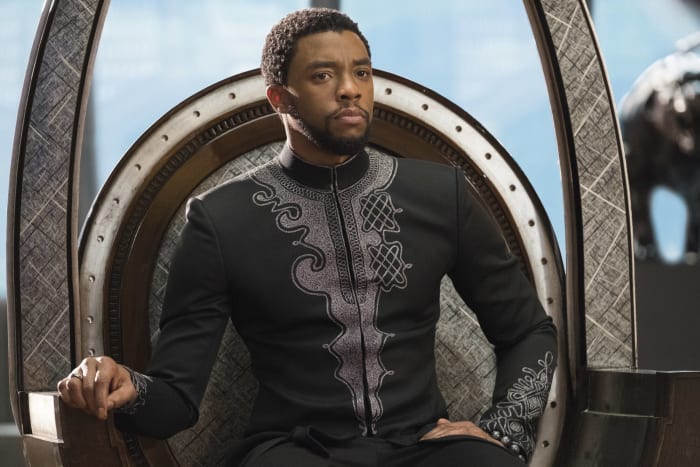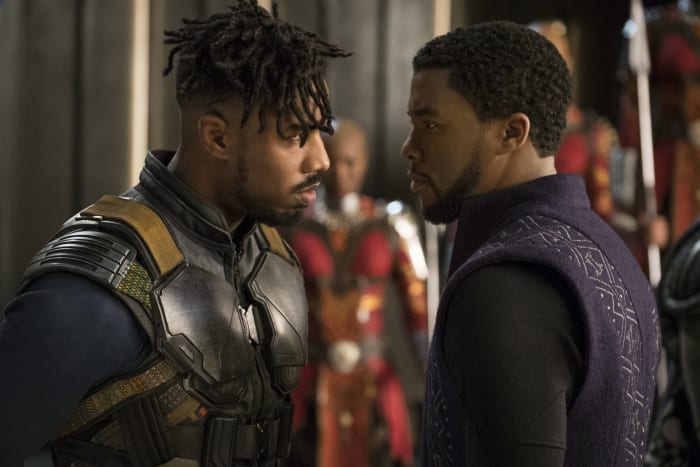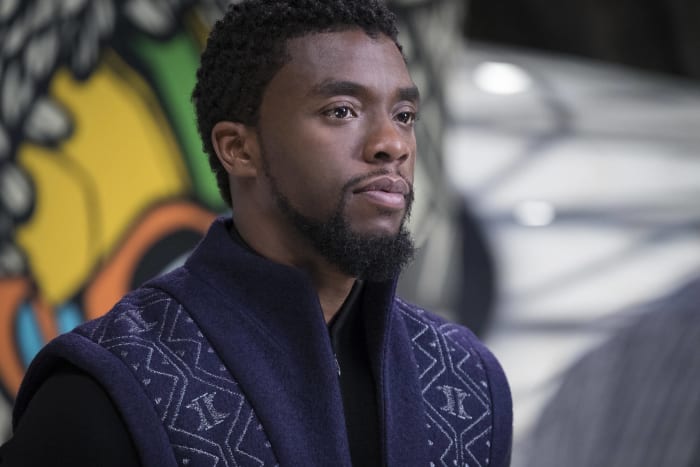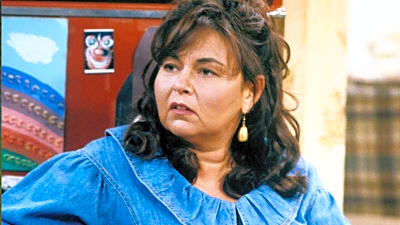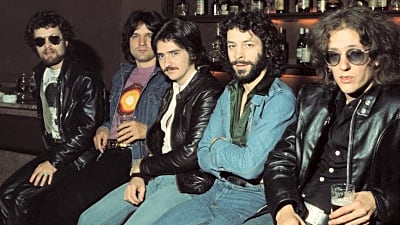x
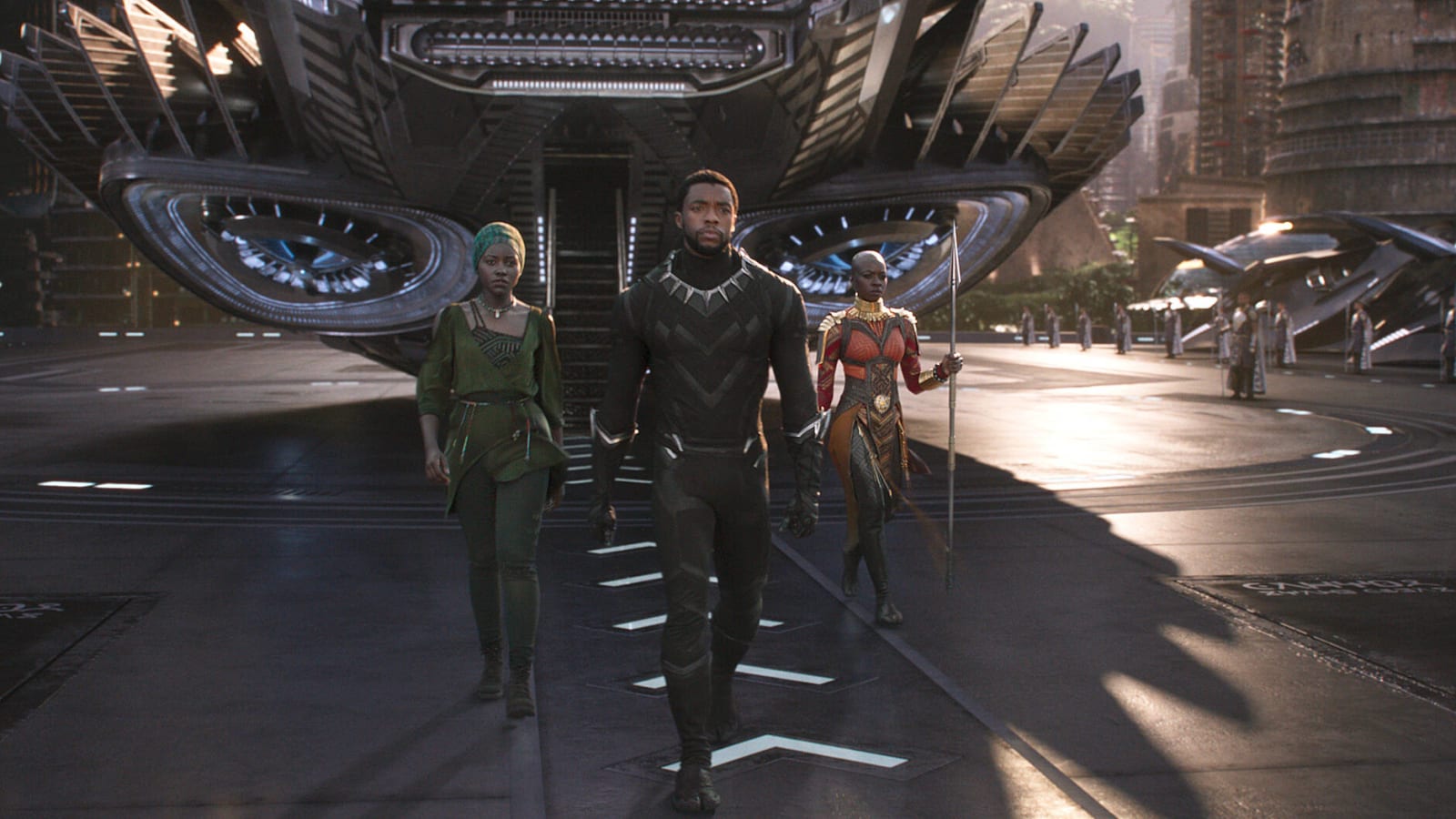
Disney
20 facts you might not know about 'Black Panther'
The Marvel Cinematic Universe had churned out several huge blockbusters. However, the way Black Panther captured the zeitgeist was significant. It hit the movie-going audience just right, taking a character we had seen briefly and building a whole world around him (literally, to a degree, given the setting of Wakanda). We had a vision, and 20 facts about Black Panther were in that vision.
More must-reads:
- 20 actors who left TV shows and left fans devastated
- Scariest moments from Alex Honnold’s Taipei 101 free solo
- 20 famous nepo babies who actually earned fame & glory
Customize Your Newsletter
 +
+
Get the latest news and rumors, customized to your favorite sports and teams. Emailed daily. Always free!
